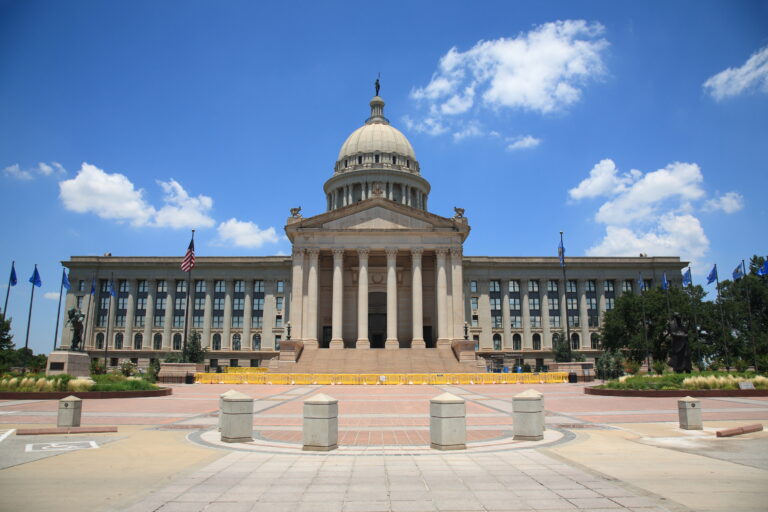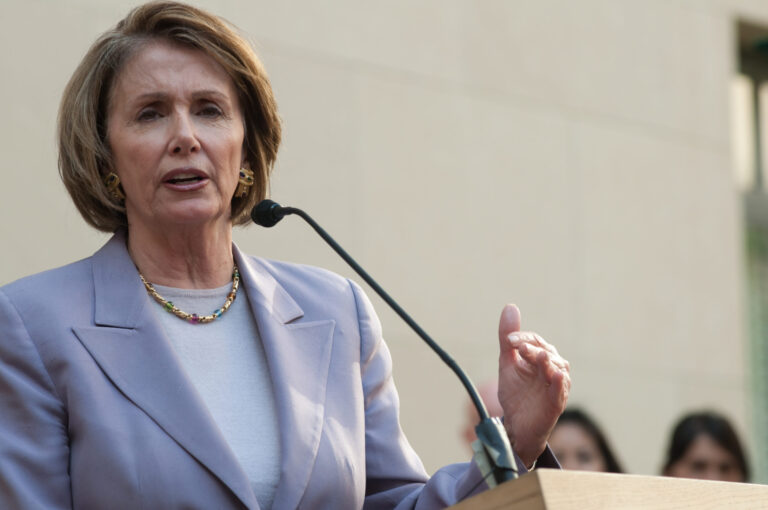As you know, Nancy Pelosi and Chuck Schumer are trying to load up the next COVID-19 response bill, meant for small business relief, with unrelated items. It’s frustrating and shameful, and shouldn’t be happening.
At the top of the wish list is a reckless, unending expansion of welfare. Their harmful proposals would needlessly plunge millions more Americans into government dependency and cut the recovery off at the knees before it even gets started.
Here are the most recent terrible proposals floated for the food stamp program (SNAP) and why they are so bad:
Discourages people going back to work
- The Democrats have proposed suspending all requirements that able-bodied adults work, train, or volunteer part-time for at least two years nationwide, without any regard for how quickly economic conditions are developing or the long-term budgetary consequences.
- Work requirements are already suspended for the entire duration of the public health emergency and waivers already exist for areas facing real economic distress.
- Democrats’ stated long-term goal is to repeal the work requirements entirely. They are attempting to use the pandemic to undo life-changing policies that have helped millions of Americans pursue the American dream.
- The solution to the economic fallout of COVID-19 isn’t trapping millions more Americans in dependency and delaying the economy’s comeback in every state—it’s getting businesses open again and people back to work.
The Trump administration has nearly finalized three major food stamp rules that should go forward as soon as emergency status is lifted. We want to highlight two of them.
Ban on implementing ABAWD rule
- The first ensures that able-bodied adults are expected to work, train, or volunteer at least part-time unless they live in areas with limited jobs.
- The rule includes allowances for exactly the type of economic situation the pandemic creates, and so will have no adverse impact.
- The rule cracks down on well-documented state abuses.
- This will be critical to help get people re-trained and back into jobs in the recovery.
Ban on implementing BBCE rule
- The second rule makes sure only those who meet federal eligibility standards receive food stamps.
- States have used a loophole to let millions of people with significant cash or cash-like assets (more than half have $20,000+) into the food stamp program, despite not meeting federal eligibility standards.
- In these times, it is especially important to protect the benefits for the truly needy. Anyone who loses income or assets because of COVID-19 and meets the federal standards would remain (or become) eligible.
- If states continue to ignore federal eligibility standards, we will see millions of people with significant cash assets flock to the food stamp program based on their temporarily low income.
The food stamp program is already designed to flex in a situation like COVID-19, ensuring that people get the help they need. Instead of letting the program administrators and states focus on using the program as it is meant to be used, congressional Democrats want to reshape it to expand welfare dependency long-term, well into and beyond the recovery.



